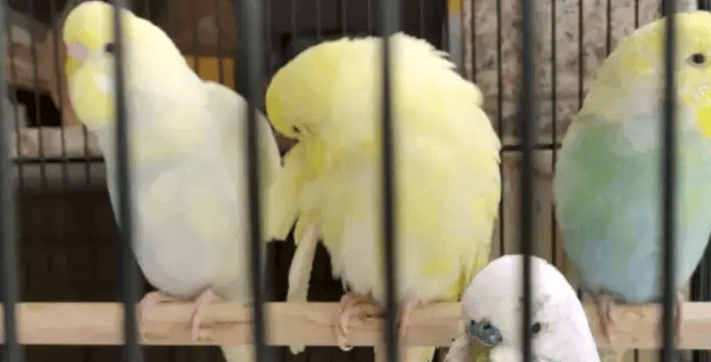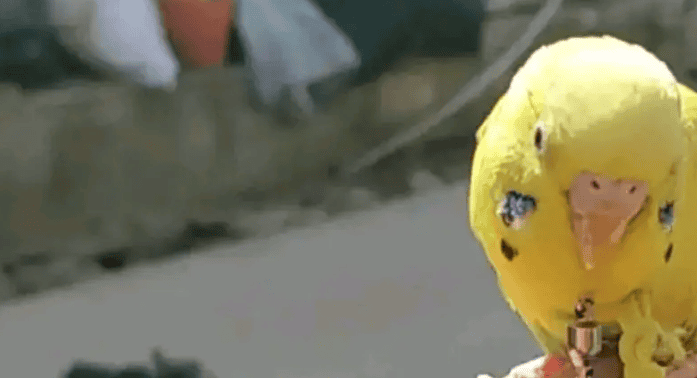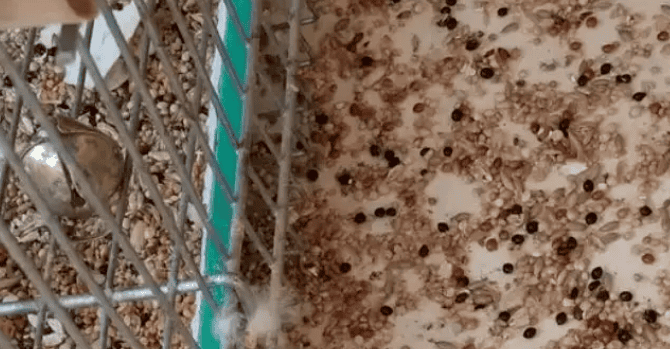Imagine a naughty budgerigar whose mischief seems to never end, causing headaches to countless keepers with weak patience. Sometimes, these cute but stubborn little lives even make people think about letting go. However, let me tell you, don’t be discouraged, it is inevitable that your budgie will develop bad habits. As breeders, all we need is appropriate methods and perseverance to carefully guide these feathered friends, and their bad behaviors can be gradually corrected.

First, let’s talk about the behaviors these little guys occasionally exhibit. Aggression - biting. For those experienced breeders, this problem must be familiar. Although budgies are not usually highly aggressive, their sharp little beaks are their most powerful weapon. All you have to do is stick out your finger and you'll probably get a small "warning."
Although in most cases their bites will not result in bloodshed, the sting is enough to make anyone frown, let alone you who have devoted a lot of love to these little lives. But don't worry, it's not difficult to resolve this problem. We just need to patiently teach them to recognize and become familiar with our hands, and slowly, they will see our touch as a friendly communication rather than a threat.

We can establish this by hand feeding at least once a day. kind of trust. In the early stage, if they show resistance, we can use some traditional training methods appropriately, such as the "hunger method" to guide them to accept hand feeding. In addition, we can also provide them with fresh vegetables and fruits by hand, open the cage door regularly to let them fly freely, and even try to play interactive games. Over time, these feathered friends will naturally grow less fearful of your hands.
Next, let’s talk about another naughty behavior of budgerigars – pawing for food. When they search for food in the food box, they often scatter the food everywhere, which puts an extra burden on the cleaning work. There are many ways to solve this problem. First of all, we can choose a cleverly designed leak-proof food box. Although such a food box cannot completely prevent food from being scattered, it can at least significantly reduce the frequency and intensity of cleaning.

We can also install baffles or hang them next to the cage. A piece of cloth so that if food falls, it will only fall on the bottom of the cage for easy cleaning. Ultimately, optimizing their feed is key if you want to eradicate their pawing habits. Keep the types of grains in the food simple to reduce the chance that they will be picky eaters. This will effectively prevent them from developing the bad habit of scratching.

 扫一扫微信交流
扫一扫微信交流
发布评论